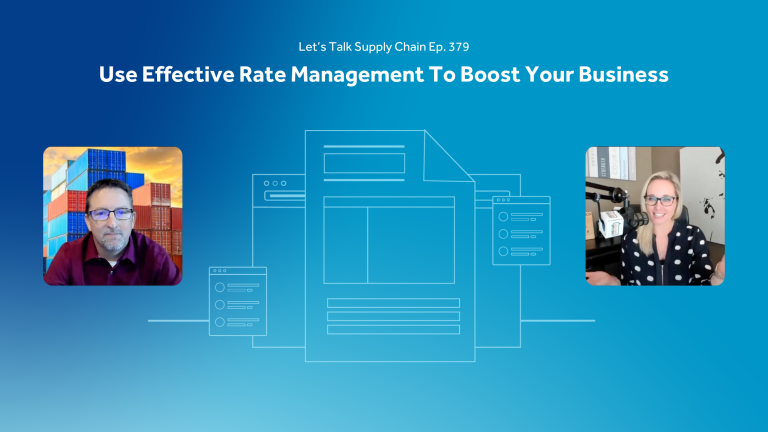Note: This post does not represent legal or tax advice for what you should do in your individual situation. You should always seek the advice of legal, tax, and licensing professionals before making decisions about your operating status.
What Laws at the State and Federal Level Mean for Owner-Operators
For years companies have hired independent contractors to do the core work of their business. This has been especially true in both the tech and transportation industries where companies use contractors to avoid payroll taxes and deduct the cost of contractors as an expense. Many workers like this arrangement, however it also means these workers aren’t covered by the usual labor laws like sick days, unemployment, or benefits. If a contractor doesn’t work, they don’t get paid.
But that’s changing. At both the U.S. Federal level and in the State of California, laws are coming that will rectify misclassification of workers (workers who should have been hired and paid as employees), and force companies to change how they do business with contractors.
Before going into how this effects the trucking industry, let’s cover the core part of worker misclassification: the ABC test. From a California Supreme Court decision in 2018 and other precedents, the test is defined as:
A) That the worker is free from the control and direction of the hirer in connection with the performance of the work, both under the contract for the performance of such work.
B) And that the worker performs work that is outside the usual course of the hiring entity’s business.
C) And that the worker is customarily engaged in an independently established trade, occupation or business of the same nature as the work performed for the hiring entity.
For the tech and trucking industries, it’s “B” that is the sticking point. For an owner operator contracting with a trucking company, both contractor and company are in the same business. In individual cases, whether “A” or “C” applies, is less important here. Because truck owner/operators do the same thing as trucking companies, they fail the ABC test.
What This Could Mean for Owner Operators
For an independent owner operator, a trucking company could decide, not to keep hiring contractors. You can work for us an employee with set hours and benefits, or not at all. This choice puts owner operators in a bind.
Working for one company means they can’t take work from other companies if things are slow. They can’t shop around for better rates. And they can’t set their own hours. As employees, owner operators lose the freedom they had to set their own schedules and how much they did or didn’t want to work.
As a contractor you could make sure you could make time for your family. Your runs are done and you’re home in time to see your kid’s ball game or recital. As an employee, you might not have that kind of freedom.
But is there another option? Can you remain independent, working for the companies you choose, and avoid misclassification?
Yes. You become a business yourself with your motor carrier license.
There are Exceptions to Subcontract to Another Business
How does a motor carrier license avoid the ABC test? The ABC test covers individuals contracting with companies. As a motor carrier, a trucking company is hiring one company as a subcontractor to do a portion of its work. All companies do this from IT support to cleaning services to any other outsourced labor. As a motor carrier, you work for a company as an employee. You are an independent company free to expand, hire more operators, and subcontract to as many other companies as you wish.
Becoming a motor carrier means becoming a business. You are taking a step towards growing something you can pass down to the next generation or even sell to another company.
It’s a big step to move from an owner operator to getting your motor carrier license. We won’t get into all the steps, requirements, pros, or cons of this decision—that’s up to you. We can say change is on the horizon in California now and possibly at the U.S. Federal level soon, so it’s time to start doing your research and understanding your options.
When You Make the Jump, Envase Will Help You Grow Your Business
If you make the jump to getting your motor carrier license, you’re going to need systems and solutions to track and run your business. And we’re here to help you. From our soon-to-be-released Envase Lite when you’re just starting out and need to win more business, to the full Envase suite as you grow your business, we’ve have the tools you need.
We’ve been in the intermodal trucking industry for decades. We know what it takes to build a strong trucking business. That’s why Larry Cuddy created Envase—make software designed to help intermodal trucking companies grow and win more business.
Get in touch with us and let’s see how we can help you that successful business you’ve dreamed of.




